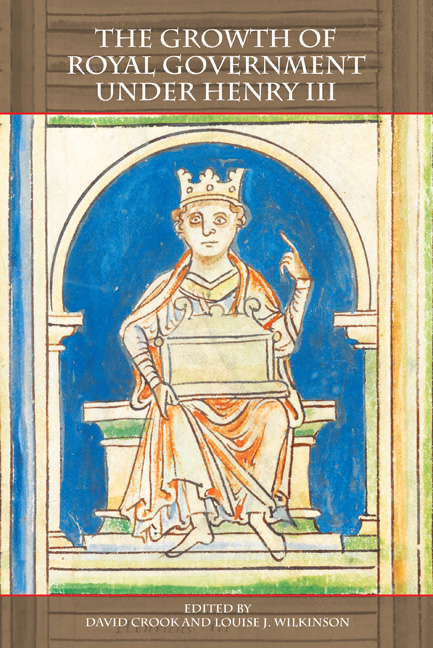9 - Another Fine Mess: Evidence for the Resumption of Exchequer Authority in the Minority of Henry III
Published online by Cambridge University Press: 13 April 2021
Summary
The reign of Henry III witnessed three key constitutional developments that still have relevance today, namely the emergence of Parliament; the confirmation that everyone, including the monarch, was subject to the rule of law; and the emerging concept that extraordinary taxation should be only be granted with the consent of the political realm. These fundamental changes to society were the result of deep dissatisfaction with royal government, and linked intrinsically to reissues of modified versions of Magna Carta, the first as a means to end the civil war after King John died in October 1216, and subsequently at the end of Henry's minority so that he could secure the grant of a fifteenth to conduct a defensive military campaign in Gascony. This second reissue was a particularly bitter pill for the king to swallow as he made his first foray into the world of politics, and one that shaped the way he managed his finances for the rest of his reign.
We know from other sources, such as the surviving pipe, receipt and memoranda rolls from the period, how much – or rather how little – revenue Henry III was able to generate from traditional sources throughout his reign, and that Magna Carta's restrictions on arbitrary exertions of the royal will were a major factor in the depressed levels of royal finance. Equally important was the fact that the administrative machinery of the Exchequer, harnessed under John to extract revenue at unprecedented levels, was dismantled during the conflict of 1215–17. It took the best part of a decade for it to recover its functionality and bring its records of audit up to date, by which time Magna Carta had become entrenched as the benchmark of good government, making it harder to exploit the Exchequer's revival for financial gain. It can therefore be argued that the course of Henry's reign after 1225 was set by decisions made earlier by the regency council, and the associated reconstruction of the Exchequer and state finance, after 1216.
Here I explore this crucial process with reference to an often overlooked source of financial data, the fine rolls, as they not only shed light on financial transactions and offerings to the king during this difficult early period, but also provide a different perspective on the way the Exchequer sought to re-establish itself after the chaos of civil war.
- Type
- Chapter
- Information
- The Growth of Royal Government under Henry III , pp. 149 - 165Publisher: Boydell & BrewerPrint publication year: 2015



